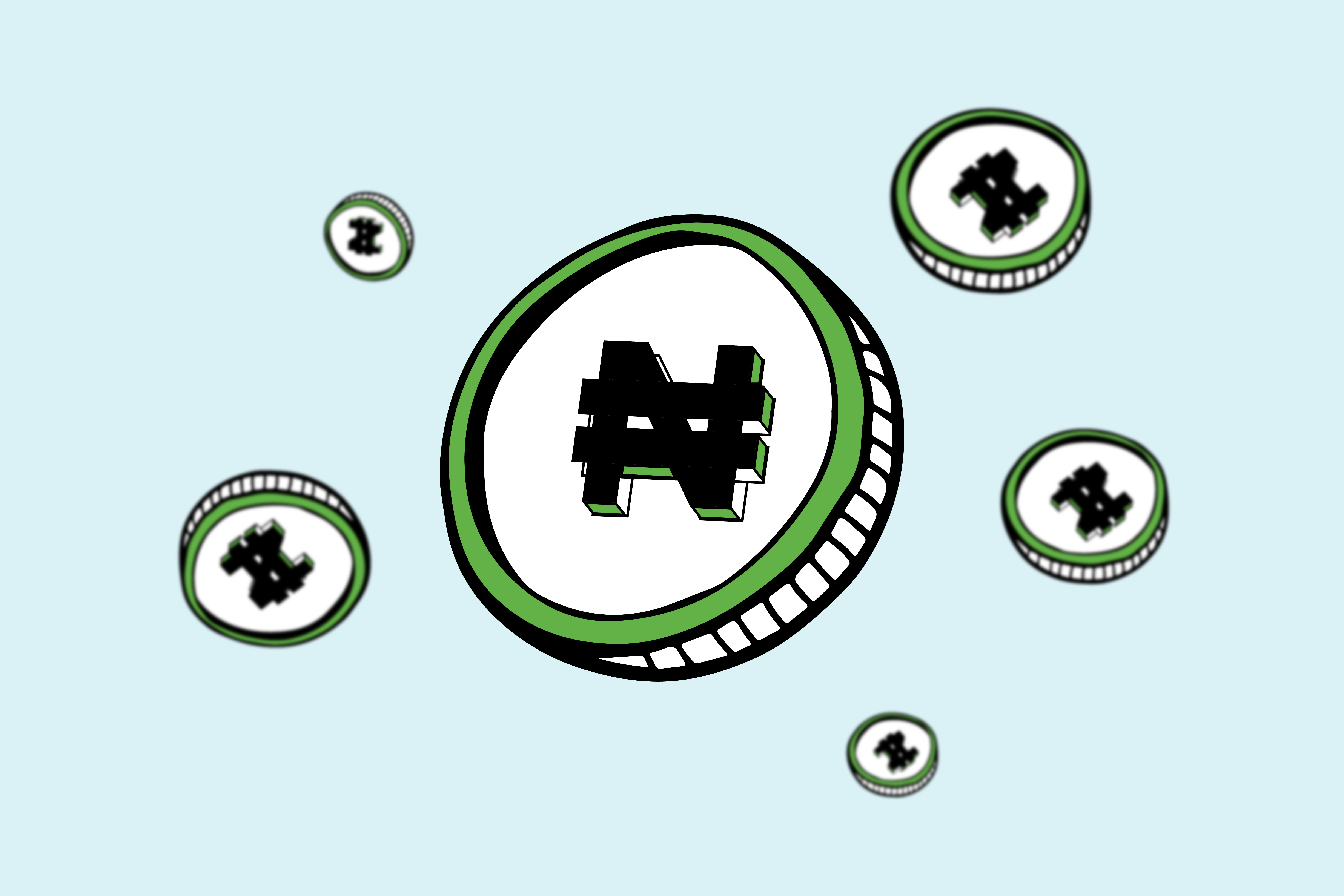The Story
As a follow-up to the announcement of the launch of Nigeria’s digital currency before the end of 2021, the Central Bank of Nigeria (CBN) recently sent a detailed presentation explaining the design and the operational module of the eNaira project.
The apex bank also recently announced it will be working with Bitt Inc (a Barbados-based fintech company) as technical partners to launch the country’s digital currency.
What is eNaira?
eNaira is the digital version of the Nigerian Naira, it is the CBN’s digital currency that has its value tied to the value of fiat Naira & backed by the full faith of the Nigerian government. Nigerians are expected to be able to assess the eNaira through e-wallets created with financial institutions (mostly commercial banks). However, at its launch on the 1st of October 2021, the eNaira will be made available via a speed wallet (a temporary e-wallet) until financial institutions are able to develop and launch their e-wallets.
The eNaira project presentation showed 3 tiers of e-wallets.
Tier 1 is for the unbanked, this tier of users will only have to provide basic Know Your Customer (KYC) (name, birth date, phone number & national identification number) information to be able to transfer N50,000 worth of eNaira per day and have a balance of N300,000 in their e-wallets.
Tier 2 wallet holders will be able to transfer up to N200,000 daily and maintain a cumulative balance of N500,000 worth of eNaira. Tier 2 is accessible to Nigerians with bank accounts and Bank Verification Number (BVN).
Tier 3 can also be accessed by those who have bank accounts and a BVN, the minimum daily transfer limit for this tier is N1,000,000 and a cumulative balance of N5,000,000 balance.
Those operating at the Merchant Level will have to provide full KYC information, be subject to the Anti-Money laundering and counterfeit terrorism regulation of the CBN. Merchants will have no limits to their daily balance but will be limited to transferring N1,000,000 per day.
The CBN has stated that the eNaira will accelerate financial inclusion and enable cheaper and faster remittance flow.
Why is Central Bank Digital Currency (CBDC) now a thing?
Research shows that in the past 1 year, the number of countries exploring CBDC has risen from 35 to 81 countries representing 90% of the world’s total GDP. What is the fuss about CBDC and why does everyone want in on it?
Besides limiting the currency substitution that came along with the advent of cryptocurrencies and helping with the continuous use of monetary policies to control economies, CBDCs also known as GOVCOINs have benefits for both developing and developed economies.
Developing Economies
- CBDCs in emerging markets and developing economies will increase financial inclusion and digitalization both of which will help with reaching the unbanked and easy integration of technologies that enable fast delivery of financial services respectively.
- The use of CBDCs in developing economies will help reduce the cost & risk that comes with the use of physical cash and improve payment system efficiency for domestic and cross-border transactions.
Developed Economies
- The focus in developed countries is the use of CBDCs to enhance competition in the payment system space and ensure the availability of central bank money as cash usage declines. With countries like China where private payment companies like Alipay & WeChat pay are driving volumes, the government is looking to use its CBDC to create competition and dilute the dominance of private players in the payment space in China.
- In developed economies, CBDC will help with the distribution of government benefits to the unbanked and improve payment system efficiency for local and international transactions.
What Makes CBDCs Different from Cryptocurrencies?
A couple of things differentiate CBDCs from cryptocurrencies. CBDCs are backed by the full faith of the government and their values are tied to the value of the country’s currency. Though there are cryptocurrencies with values tied to real currencies, they are not backed by any government.
CBDCs are regulated and used within the framework of central banking and other financial laws. Cryptocurrencies are yet to be regulated and are not controlled by anyone.
CBDCs are also used to facilitate payments as they are built to enhance domestic and international payments. Most cryptocurrencies just serve as a store of value they do not have any utility.
Will CBDCs make Cryptocurrencies Obsolete?
CBDCs are regulated and controlled by the government. They are guided by tax regulation, anti-money laundering acts, and KYC all of which do not apply to cryptocurrencies. Cryptocurrency’s unregulated feature makes it very attractive. But as regulatory walls close in on cryptocurrencies, they will come to operate under the same rules and laws that guide CBDCs.
At that point, utility will determine whether cryptocurrencies will survive the reign of CBDCs.
What Does the Introduction of eNaira and other CBDCs Mean for Me as an Investor?
The value of any currency is determined by its acceptability as a means of exchange. CBDCs like the Venezuelan Petra have gone extinct because it was not accepted as a means of exchange for transactions. Whether or not the eNaira will go the same route depends on its acceptability as a means of exchange. This coupled with the myriad of challenges (illiteracy, inadequate internet coverage, and the volatility of the Naira) in Nigeria will influence the success of the eNaira.
The eNaira’s utility for payments may be the defining factor, should its payment system ease payment processes. Until this materializes, investors should note that the eNaira will do nothing to enhance the value of the Naira.
As noted in our first article about Govcoins, investors should look out for sectors that will benefit from the launch and use of CBDCs. One of the sectors TGIC research believes will benefit the most from the use of CBDCs is the payment sector. Most central banks do not have a strong enough retail presence to disburse retail CBDCs and so may operate their CBDCs through payment companies and agents. Banks that can enable the use of CBDCs through their payment systems will benefit from this.




